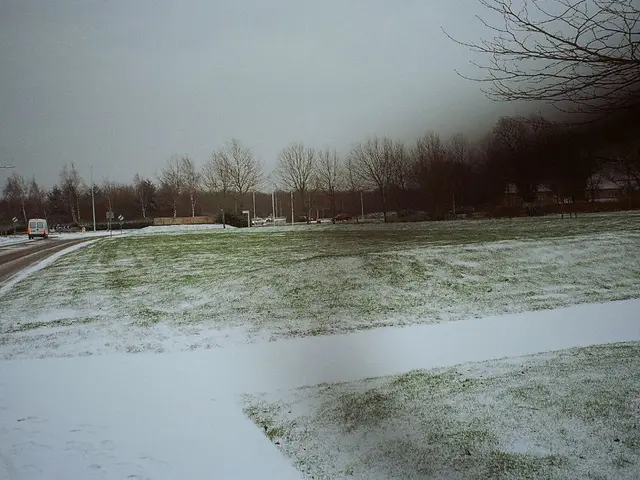Judicial power to halt infrastructure developments due to environmental issues is now limited by the Supreme Court
The Supreme Court has limited the authority of federal judges regarding infrastructure projects, citing environmental concerns in a unanimous 8-0 decision on Thursday. The ruling, officially known as Seven County Infrastructure Coalition v. Eagle County, alters the scope of the National Environmental Policy Act (NEPA) and subsequently declares that judges cannot micromanage agencies' choices when it comes to environmental impact statements (EIS) for projects receiving federal support.
Justice Brett Kavanaugh, in the opinion of the court, stated that courts should not consider "external" environmental effects of projects separate from the one at hand. Agencies cannot be compelled to examine the potential environmental consequences of other projects, even if those may arise later or in a different location.
The central case was based on the National Environmental Policy Act (NEPA) requirement for EIS in infrastructure projects backed by the federal government. The U.S. Court of Appeals for the D.C. Circuit was deemed to have misinterpreted NEPA by requiring the Surface Transportation Board (STB) to evaluate environmental effects of upstream and downstream projects that were not directly associated with the core project in Utah's Uinta Basin.
The decision stands to reduce the scope and burden of environmental reviews for major infrastructure projects, as well as scale back the courts' ability to halt such projects due to indirect or remote environmental concerns.
Interestingly, a separate concurring opinion by Justice Sonia Sotomayor, joined by Justices Elena Kagan and Ketanji Brown Jackson, highlighted the importance of a thorough examination of environmental impacts. The opinion emphasized that while the court agreed broadly with the majority's conclusion, it remains vital to ensure that agencies give careful consideration to the comprehensive environmental implications of new infrastructure projects.
This ruling comes amidst criticism from Republican lawmakers about perceived judicial overreach, particularly in instances of federal judges independently blocking significant aspects of the Trump administration's agenda. The Supreme Court will further address this matter in a forthcoming case focusing on the disturbingly widespread use of so-called "universal injunctions" in federal courts.
- The Supreme Court's opinion, represented by Justice Brett Kavanaugh, underscores the diminished role of federal judges in assessing the environmental impacts of infrastructure projects, as they are prohibited from evaluating external effects separate from the project at hand.
- The recent Supreme Court ruling, Seven County Infrastructure Coalition v. Eagle County, has far-reaching implications for policy-and-legislation involving major infrastructure projects, potentially scaling back the courts' authority to halt such projects due to indirect or remote environmental concerns.
- The concurring opinion penned by Justice Sonia Sotomayor, along with Justices Elena Kagan and Ketanji Brown Jackson, underscores the significance of the thorough examination of environmental impacts, emphasizing that while the majority's conclusion was accepted, it is crucial that agencies carefully consider the comprehensive environmental implications of new infrastructure projects in their decision-making process.








